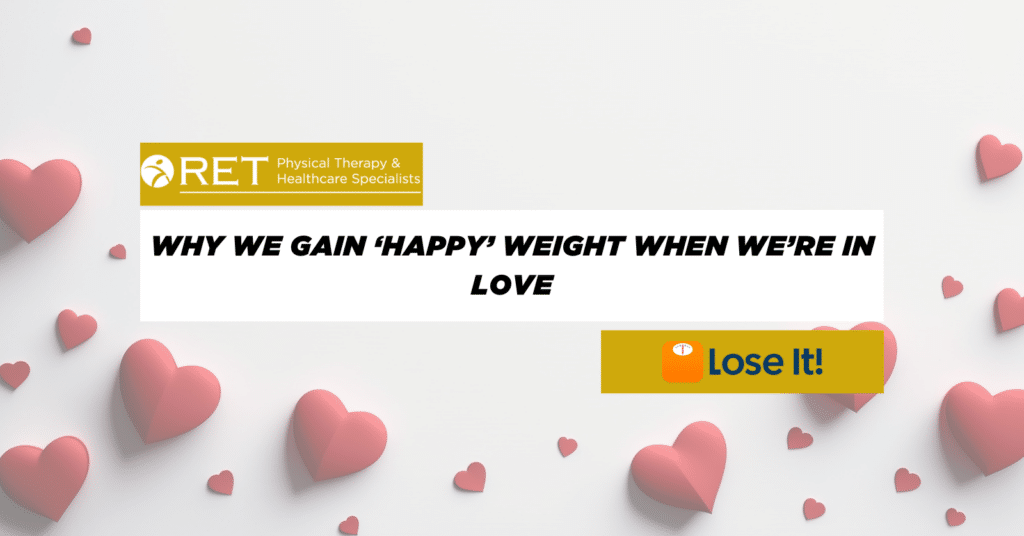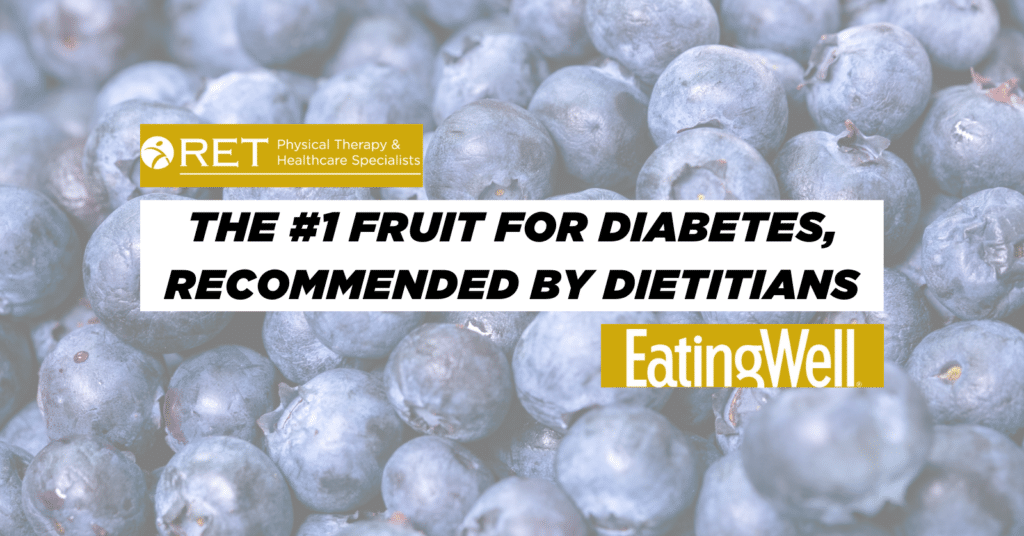Our very own Betsy Fears, RDN, CD, recently gave her expert opinion to U.S. News and World Report on which of the six vegetarian diets is best, read on below.
Which Vegetarian Diet Is Best for You?
About 5% of the U.S. population follow a vegetarian diet, according to a survey by the Gallup Poll. That works out to more than 16 million people.
Being a vegetarian means abstaining from eating animal meat, including:
- Beef.
- Fish.
- Goat.
- Lamb.
- Pork.
- Poultry.
- Venison.
- Seafood of all types (crabs, eel, lobster, mussels, scallops and shrimp).
The vegan diet, on the other hand, is typically a more restrictive eating regimen. Vegans don’t consume food made with anything that comes from an animal, including honey, milk and eggs.
People choose a vegetarian diet for an array of motivations, says Lisa Jones,
a registered dietitian based in Philadelphia.
Those motivations include:
- A desire to protect animals.
- Lowering chronic disease risk, which includes heart disease, hypertension and Type 2 diabetes.
- An effort to protect the environment (raising beef cattle is harmful to the environment, research suggests).
“Whatever your reason or reasons may be to eat vegetarian, there’s no wrong answer when considering meatless meals,” Jones says. A vegetarian diet can provide adequate nutrition.
A well-rounded vegetarian diet emphasizes these foods:
- Fruits.
- Legumes.
- Nuts.
- Plant-based meatless “meats.”
- Seeds.
- Whole grains.
Studies Prove the Benefits of Vegetarianism
Research suggests that following a vegetarian diet provides a number of health benefits. For example, research published in the journal Nutrients in 2019 suggests that following a vegetarian regimen may lower the risk of gallstone disease in women. The study followed 4,839 Taiwanese men and women over a number of years.
A study published in 2018 in the journal Progress in Cardiovascular Diseases suggests that plant-based diets are “the only dietary pattern to have shown reversal of coronary heart disease.”
In addition, researchers wrote, plant-based diets are associated with:
- Lower blood pressure.
- Benefits in weight management.
- Reduced the risk of Type 2 diabetes.
- Have been shown to be an effective method in diabetes management.
Some people are concerned that it may be difficult to consume sufficient protein, in addition to other nutrients, on a vegetarian diet. It’s a good idea to consult with a registered dietitian about certain nutritional supplements that will ensure your vegetarian regimen is well-balanced and healthy.
Depending on what foods you exclude from your diet, a vegetarian eating regimen may be lacking in these nutrients:
- Vitamin B12.
- Calcium.
- Iron.
- Zinc.
It’s also important to keep in mind there are a number of good sources of protein you can eat on a vegetarian plan, including:
Which Vegetarian Diet Is Best for You?
Given the various motivations for eating vegetarian, it’s only logical that there are different types of vegetarians.
Six types of vegetarian diets include:
The flexitarian diet is the least restrictive vegetarian eating regimen, says Betsy Fears, a registered dietitian nutritionist who practices at RET Physical Therapy Group in Lake Stevens, Washington, about 40 miles north of Seattle. People who follow this regimen occasionally consume meat, fish, poultry and other animal products.
“Flexitarians prioritize plant-based foods, but can include small amounts of all animal products when they choose,” she says. “The ability to occasionally consume animal products can make plant-based eating more sustainable for many people.”
Research suggests the flexitarian diet, like other vegetarian eating regimens, can help reduce the risk of chronic illnesses, such as cardiovascular disease.
This diet eliminates meat, poultry and fish, but allows the consumption of egg and dairy products, including foods and beverages that contain egg and dairy, says Kaylee Jacks, a registered dietitian with Texas Health Sports Medicine in Dallas. For most people, this is a healthy diet.
Advantages of the lacto-ovo vegetarian diet include:
- A wide array of options for consuming protein, including cheese, milk and yogurt.
- Less risk of low intake of vitamin B12, vitamin D and iron intake compared to some other vegetarian diet options.
- Getting enough calcium shouldn’t be a concern.
Disadvantages of the lacto-ovo diet include:
- Though the risk is lower, you still need to make a conscious effort to include enough iron and vitamin B12 in your diet. This may include adding iron- and B12-rich foods to your plate or taking over-the-counter supplements.
You’ll need to watch your intake of saturated fat. The lacto-ovo diet includes cheese and milk, which can be high in saturated fat. Research suggests saturated fat can contribute to heart disease, says Amy Kimberlain, national spokesperson for the Academy of Nutrition and Dietetics. She’s a registered dietitian certified in diabetes care.
Lacto-Vegetarian
This diet eliminates meat, poultry, fish and eggs, but does allow for the consumption of dairy products like cheese, milk and yogurt. “It’s important to get the low-fat or fat-free versions of these dairy products, because full-fat dairy is high in saturated fat, which can lead to unwanted health gain and cardiovascular disease,” Jacks says.
Advantages of the lacto-vegetarian diet include:
- A wide array of options for consuming protein, including cheese, milk and yogurt.
- With dairy included, it’s not difficult to get an adequate amount of calcium.
Disadvantages of the lacto-vegetarian diet include:
- Getting enough vitamin B12 and iron are of high concern.
- Relatively high intake of saturated fat.
An ovo-vegetarian diet eliminates meat, poultry, fish and dairy, but does include eggs, egg white and any foods containing egg. “This diet has all the benefits of a vegan diet and the benefits from including eggs,” Jacks says.
Advantages of the ovo-vegetarian diet include:
- One whole egg provides 7 grams of high-quality protein.
- Eggs are a source of iron and vitamin B12.
- Egg yolk is a good source of vitamin D.
Disadvantages of the ovo-vegetarian diet include:
- Eggs contain a significant amount of cholesterol, so you’ll have to watch your intake.
For most healthy adults, one to two eggs a day should be healthy and safe. One large egg contains about 186 milligrams of cholesterol. In previous years, experts and dietary guidelines recommended consuming no more than 300 milligrams of cholesterol daily. However, a review of research, published in 2018 in the journal Nutrients, concluded that “current literature does not support the notion that dietary cholesterol increases the risk of heart disease in healthy individuals.”
A pescatarian diet is a plant-based eating regimen that typically excludes meat, poultry, dairy and eggs but includes seafood as a main protein source, Fears says.
Some pescatarians include dairy and eggs, according to their personal preference. “Consuming seafood can make getting omega-3 fatty acids and protein easier than other vegetarian diets,” she says. Omega-3 fatty acids are polyunsaturated fats, which research suggests help reduce harmful inflammation and keep cholesterol and blood pressure levels in the healthy range. This can help reduce the risk of heart disease.
Advantages of a pescatarian diet include:
- Research suggests this eating regimen reduces the risk of chronic disease, including Type 2 diabetes, heart attack and stroke.
Disadvantages of a pescatarian diet include:
- You may have trouble getting enough vitamin B and calcium.
- Overconsumption of fish with high mercury levels may negatively affect your brain health. This is a particular concern for pregnant women and young children. Fish with high mercury levels include canned tuna, cod, mackerel, marlin and swordfish.
This is the most restrictive vegetarian diet, Jacks says.
The vegan diet eliminates all animal products, including:
- Meat.
- Poultry.
- Seafood.
- Eggs.
- Dairy.
“A vegan diet consists of foods strictly from plants, such as fruits, vegetables, nuts and grains,” Jacks says.
These foods are typically low in calories and high in fiber, vitamins and minerals. Some animal-based foods – such as butter and processed meats – can be high in saturated fat, which can raise “bad” LDL cholesterol in your blood. This, in turn, may increase your risk of cardiovascular disease and stroke, research suggests.
Advantages of a vegan diet include:
- Lower cholesterol.
- Possible weight loss. Research suggests that people who follow vegetarian diets consume fewer calories than individuals who don’t.
- Reduced risk of heart disease.
Disadvantages of a vegan diet include:
- It may be challenging to get enough important vitamins and minerals, including vitamin B12, vitamin D, calcium and iron.
Vitamin B12 is only in animal food sources, Kimberlain says. The other nutrients are more abundant in animal products than other food sources. “However, if well-planned these nutrients can be obtained, whether naturally and/or with supplemented products,” she says. “For example, almond milk can be fortified with calcium and vitamin D.” It may also be challenging to get enough protein.
Before you embark on any vegetarian diet, it’s a good idea to consult a registered dietitian, Fears says. “Seeking out a health care professional to discuss supplementation is beneficial for any vegetarian diet.”
Read full article here: https://health.usnews.com/wellness/food/articles/types-of-vegetarian-diets?int=hp_center_main_article_health




